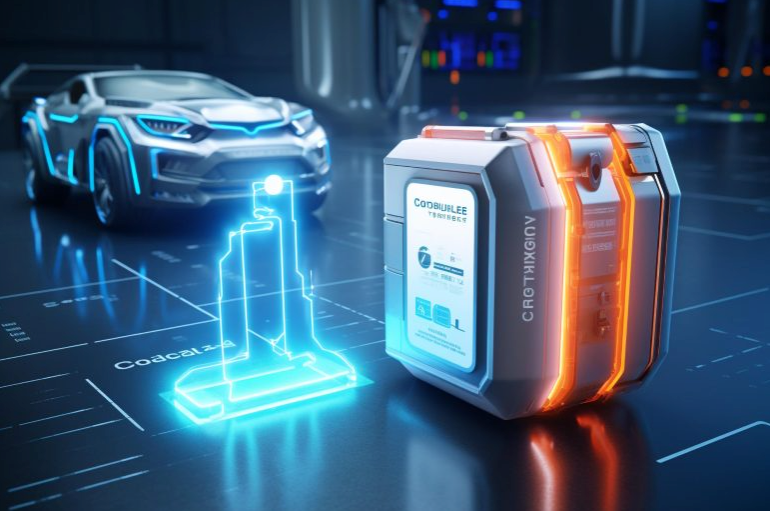The Rise of Cobalt-Free Lithium-Ion Batteries
Lithium-ion batteries, crucial for modern devices and electric vehicles, currently depend on cobalt. This reliance presents issues due to cobalt’s scarcity, cost, and the environmental and ethical concerns it raises. Additionally, cobalt’s market volatility makes it a risky material for the battery industry.
The Current Landscape of Lithium-Ion Batteries
Innovations in Cobalt-Free Technology
Global efforts are underway to develop cobalt-free lithium-ion batteries. These alternatives, potentially offering equal or superior performance, safety, and cost-effectiveness, replace cobalt with materials like nickel, manganese, iron, aluminum, or silicon. These options are more abundant and less harmful, but they come with their own set of challenges, including performance and durability issues.
Enhancing Energy Density
One approach to increasing energy density in cobalt-free batteries is using more nickel in the cathode. Nickel offers higher capacity but poses stability and toxicity challenges. Silicon anodes are another solution, offering greater lithium storage than traditional graphite anodes.
Impact on Electric Vehicles
The shift to cobalt-free batteries could significantly benefit the electric vehicle industry by reducing costs and improving accessibility and sustainability.

Pioneers in Cobalt-Free Battery Technology
The COBRA Consortium
COBRA (CObalt-free Batteries for FutuRe Automotive Applications), a European consortium, is a notable group advancing cobalt-free battery technology. They aim to replace cobalt with more sustainable materials, enhancing performance and safety. Their project has moved into manufacturing prototypes with MILLOR BATTERY, a Spanish company known for flexible, modular battery systems.
SVOLT’s Breakthrough
SVOLT, a spin-off from the Chinese auto giant Great Wall Motor, has launched a cobalt-free battery pack in series production. Investing heavily in research, SVOLT’s battery pack showcases high energy density and impressive driving range, marking a significant step in cobalt-free battery advancement.
Tesla and Panasonic’s Contributions
Major players like Tesla and Panasonic are also developing cobalt-free batteries. Notably, Tesla has already integrated such batteries in nearly half of its vehicles produced in early 2022.
Conclusion
The development of cobalt-free lithium-ion batteries marks a crucial shift in the battery industry, promising more sustainable, cost-effective, and ethically sound options. As these technologies advance, they could reshape the landscape of electric vehicles and portable electronics, steering towards a more sustainable future.
That’s a wrap from us at Ultium Tech, where our mission is to bring you top-notch news and videos on all things electric vehicles, including the latest on Tesla, Ford, GM, and emerging tech trends in the EV space.
Is there a topic you would like to see us dive into? Let us know!
Don’t forget to subscribe to our YouTube channel for your daily video dose of EV news and insights. Please subscribe with us here on Medium, as well as on Twitter / X @UltiumTech. Your support is greatly appreciated!
Note: Our content is designed to entertain, fueled by the latest news, rumors, and intriguing speculation.





